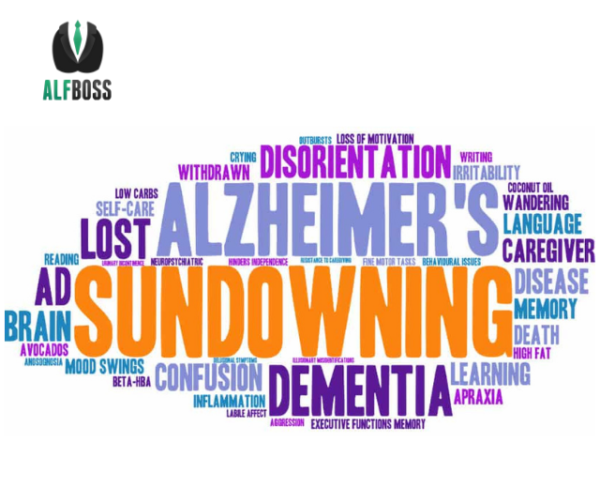
Providing care in dementia or memory support communities can be a daunting task due to the increased care needs related to their disease process. With that said, working with those who have dementia can be one of the most rewarding experiences of the staff members’ life. Check out the following regulation provided by Tennessee OHCF for the required operations of a memory care unit:
1200-08-25-.08 ADMISSIONS, DISCHARGES, AND TRANSFERS.
(9) An ACLF utilizing secured units shall provide survey staff with twelve (12) months of the following performance information specific to the secured unit and its residents at its annual survey:
(a) Documentation that an interdisciplinary team consisting of at least a physician, a registered nurse, and a family member (or patient care advocate) has evaluated each secured resident prior to admittance to the unit;
(b) Ongoing and up-to-date documentation that each resident’s interdisciplinary team has performed a quarterly review as to the appropriateness of placement in the secured unit;
(c) A current listing of the number of deaths and hospitalizations, with diagnoses, that have occurred on the unit;
(d) A current listing of all unusual incidents and/or complications on the unit;
(e) An up-to-date staffing pattern and staff ratios for the unit that is recorded on a daily basis. The staffing pattern must ensure that there is a minimum of one (1) attendant, awake, on duty, and physically located on the unit twenty-four (24) hours per day, seven (7) days per week, at all times;
(f) A formulated calendar of daily group activities scheduled, including a resident attendance record for the previous three (3) months;
(g) An up-to-date listing of any incidences of decubitus and/or nosocomial infections, including resident identifiers; and
(h) Documentation showing that 100% of the staff working on the unit receives annual in-service training which shall include, but not be limited to, the following subject areas:
- Basic facts about the causes, progression, and management of Alzheimer’s disease and related disorders;
- Dealing with dysfunctional behavior and catastrophic reactions in the residents;
- Identifying and alleviating safety risks to the resident;
- Providing assistance in the activities of daily living for the resident; and
- Communicating with families and other persons interested in the resident.